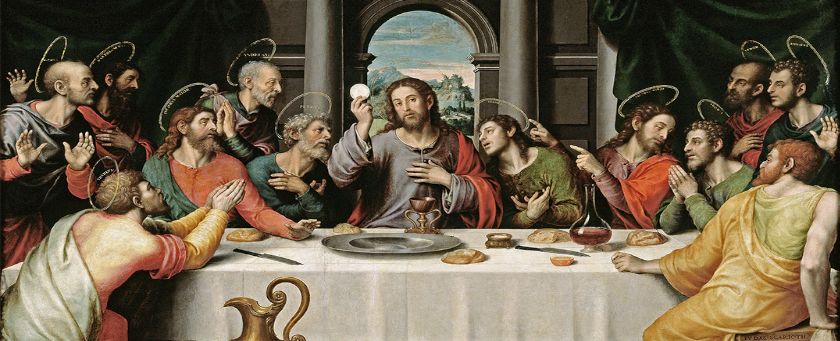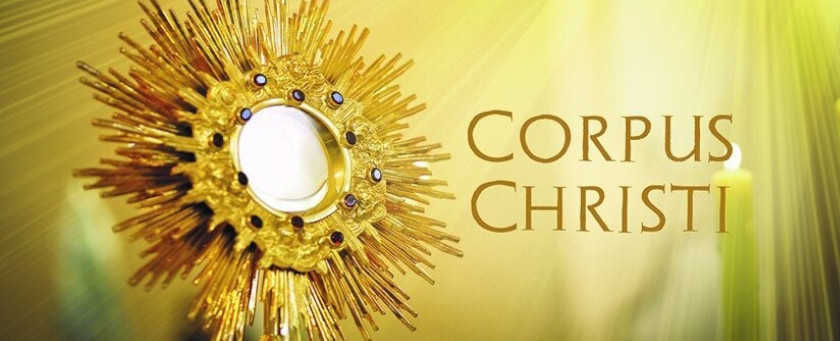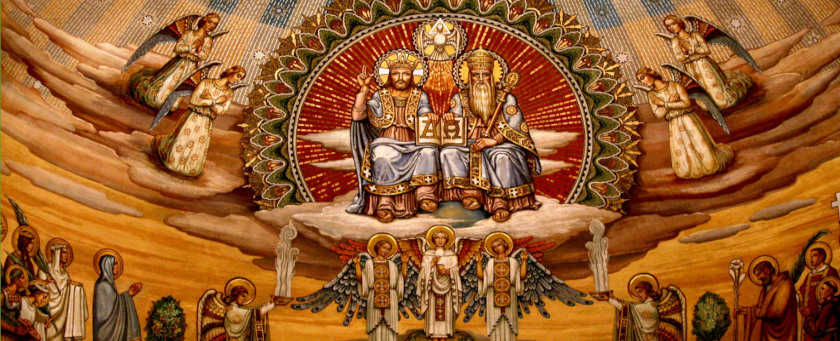God is Being Itself; Jesus is With Us Always
Third Sunday in Lent, Year C

Readings:
Ex. 3:1-8, 13-15; Ps. 103; 1 Cor. 10:1-6, 10-12; Lk. 13:1-9
(Audio recorded live, 20 March 2022)
In today’s Gospel, Jesus gives us a parable about a man who has a fig tree planted in his orchard, but later discovers it has failed to produce any fruit. The gardener makes an appeal to give it one more year so that he may cultivate the ground around it and fertilize it, saying, “it may bear fruit in the future.” In other words, “give me a little more time to care for it and nourish it so it may bear fruit.” Jesus offers this parable as a response to people who appear to be complacent about their lives. He cites two tragic examples of how people suffered and died, asking if these people were somehow greater sinners than all the rest. The answer is: By no means. The moral of the story being we all have a responsibility to cultivate a life of grace and avoid sin. We also need to be nourished with sound teaching so that we may bear good fruit. Jesus comes to give us this teaching and more, most especially through the Eucharist.
The passage we heard from the first letter of St. Paul to the Corinthians is a corrective to that community. He realizes that some of them had been getting drunk off of communion while neglecting others. He makes his own appeal to them to look at how the Israelites gathered manna in the desert, the bread from heaven. Those who read their Bibles will know the story that when God commanded the Israelites to gather the manna, those who gathered more had no more than they needed, and those who gathered less had no less than they needed, rather, everyone shared in the bread from heaven equally. This is also true for us as we receive an equal portion of the Blessed Sacrament.
In the Book of Exodus, God reveals his name to Moses, saying, “I am who am.” We come to understand this name of God as Being itself. Anything that exists first exists in the mind of God, for in him we live and move and have our being. If God is Being itself, then our being, our existence, is a share in God’s own Being. Such a reality ought to encourage us to conform our lives after the life of Jesus, who is the way, the truth, and the life, and who is with us always even until the end of the age.
One of the great take aways from the revelation of God’s name is his omnipresence. If God is Being, then everything that is, is in God, including us. That means God is never far from us, although we may be distant from him. But, nevertheless, Jesus comes to cultivate the soil of our heart, and nourish our souls with himself. “From his fullness we have all received, grace in place of grace, because while the law was given through Moses, grace and truth came through Jesus Christ” (Jn. 1:16-17).
So, as we continue our Lenten journey of prayer, fasting, and alms giving, may we put aside the things that distract us from God’s presence, and open our hearts to his Word, that we may be nourished by his Son, who calls us out of darkness into his own wonderful light.





Twitter
Facebook
Pinterest
Email